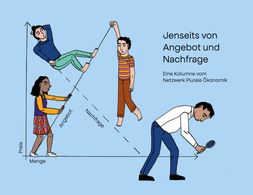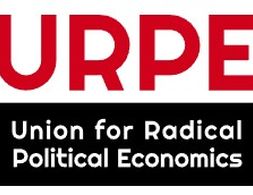Sraffa, Wittgenstein, and Gramsci
Journal of Economic Literature, 2003
The Nobel laureate Amartya Sen´s text analyzes three main figures in social sciences and the relation between them: the Italian economist Piero Sraffa, the Austrian philosopher Ludwig Wittgenstein, and the Italian politician and philosopher Antonio Gramsci. After suffering the fascist persecution in Italy, Sraffa moved to Cambridge one year before Wittgenstein´s second arrival with the help of John Maynard Keynes (who qualified him as ‘God’). During their Trinity College years Sraffa introduced Wittgenstein to a series of anthropological factors that influenced his later searches. These conversations permitted Ludwig transcend from his positions stated in the Tractatus Logico Philosophicus (1921) to the ones expressed in his Philosophical Investigations (1951), the so-called ‘Early and Later Wittgenstein’. What Amartya proposes is that issues Sraffa and Wittgenstein were working on at the time were quite similar to those of Sraffa’s Italian circle, which also included Antonio Gramsci (the so-called ‘Gramsci [- Wittgenstein] connection). Furthermore, Sen finds a parallelism between Sraffa’s theory of value and John Hick’s clarification between utility and costs in the ‘value of social income’. Piero Sraffa´s ‘cost-approximation’ is just based on observed information, rather than presumptions of the ‘utility-based approximation’.
Comment from our editors:
The connections between Post Keynesianism and Marxian Economics are many times put aside. Here Amartya Sen builds bridges between Wittgenstein and Gramsci, even if in a political field they tended to be different. Maybe without knowing it and together with figures such as Bertrand Russell, Keynes, Joan Robinson, Kalecki, … Constituted the initial point of the main social thought of modern social sciences (or maybe until 1980’s). Sraffa’s influence on Wittgenstein´s thought is well known, but maybe not that much the other way round. In the first case, Sraffa’s critique of the Tractatus was, briefly, that there´s not only one correspondence between words and objects, but multiple, while the Tractatus only mentioned the single one. One should but take a look at ‘social practices’ in order to know the statements´ meanings. On the other hand, how did Wittgenstein influence Sraffa’s theories? Amartya Sen tries to analyze and hypothesize about this relation.
Go to: Sraffa, Wittgenstein, and Gramsci





